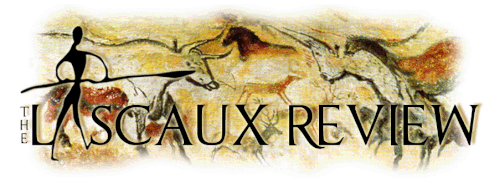|
Let me start off by saying that, "The Poem of the World," by Scudder Parker more than lives up to its title. A very tall order, indeed. I was skeptical until I read the first three lines: reveals itself like a doe’s hoof tapping ice till she can drink. I spend a lot of time in nature; this is an authentic and beautiful image. It also works poetically. Once you feel and experience the opening, you quickly realize you're in for a true lyric poem, rooted in nature, that builds tercet after tercet toward revelation. But this poem's not only about theme. Of course, the epiphanic climax is suitably mystical and more than uplifting enough to fulfill titular expectations. But what's remarkable about this poem beyond its archetypal theme is the "melody" of its composition. Even more precisely, the music of its metaphors. For example, Parker compares "the rust of purple on this fall’s / forsythia leaves" to a "small voice / every year, unheard." This bit of synesthesia is but an opening gambit in what is a poem bursting with figurative flights such as a "beach of pebbles that suddenly /starts singing" or "the subtraction / of birds, taking summer with them," -- all stunning and quite exact. Of course, a deeply metaphorical nature poem that builds tercet by tercet toward epiphany also needs beautiful diction, or at the very least, a high degree of melopoeia. Let's taste the penultimate stanza: The poem of the world wants me to wake in my own body; it is astonished I might let these supple bones grow brittle. Say it aloud and realize as you read, that this closing stanza is probably the least sonorous of the nine. That's right, I used the word "sonorous" and I'll continue to do so if it pleases me. I need your opinion on the closing line. Is is satisfying? Go to The Lascaux Review by clicking the pic above and read the poem in full. Then give me your opinion. Categories All
0 Comments
Your comment will be posted after it is approved.
Leave a Reply. |

